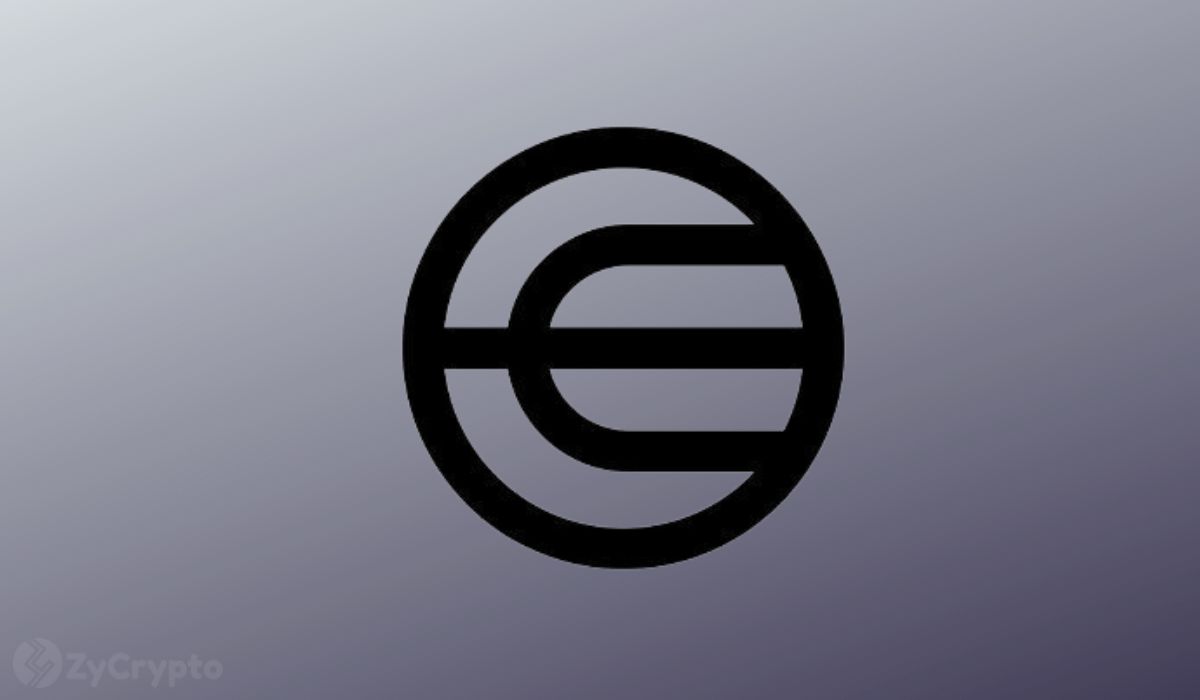In a move prompted by regulatory concerns, Sam Altman’s Worldcoin project has temporarily disabled its biometric verification feature using orbs for users in India, Brazil, and France.
According to a report by Moneycontrol, the decision to suspend the retinal scanning procedure, which was initially rolled out as a “limited access” initiative in select countries, appears to have been made quietly, with the verification processes in India being halted approximately 3-4 months ago.
A source privy to the development suggested that the suspension might be attributed to the significant queues that had formed during the verification process.
“Orb verification services in India were temporarily scaled back as the company is working to roll out a bespoke, safe and orderly process to register in India that could cater to the massive demand,” said the source, adding that the orbs that were put into operation couldn’t handle the overwhelming increase in demand.
Speaking about the development, Lily Gordon, a spokeswoman for Tools of Humanity, emphasized the company’s ongoing commitment to collaborating with global partners to ensure compliance with regulatory requirements. She stated that the goal is to provide a safe, secure, and transparent experience for verified users.
At the core of the Worldcoin project is the World ID protocol, which relies on zero-knowledge proofs, allowing individuals to authenticate themselves using biometrics or a phone number. Notably, earlier this week, Worldcoin introduced World ID 2.0, an upgraded version integrating with various platforms such as Telegram, Reddit, Shopify, and Minecraft, enabling passwordless login.
Worldcoin’s activities have not been without scrutiny from regulatory bodies globally particularly due to concerns over the privacy of user information collected by Tools for Humanity. In July, the UK Information Commissioner’s Office (ICO) announced an investigation into Worldcoin’s user verification process. This regulatory spotlight extended beyond the UK, with Argentina and France also expressing concerns about Worldcoin’s operations. In Kenya, a parliamentary committee tasked with investigating Worldcoin recommended halting the project’s operations in the country.
That said, while apprehensions persist regarding the Worldcoin project, the Tools for Humanity team remains unwavering in their commitment to decentralization, envisioning Worldcoin as an entity “owned and governed by all of humanity.”
Notably, the global interest in accessing Worldcoin and innovative proof of personhood technologies, such as World ID, continues to surge. Throughout 2023, the number of World ID verifications experienced a substantial increase, surging from under a million in January to surpassing 2.5 million by the close of November.


